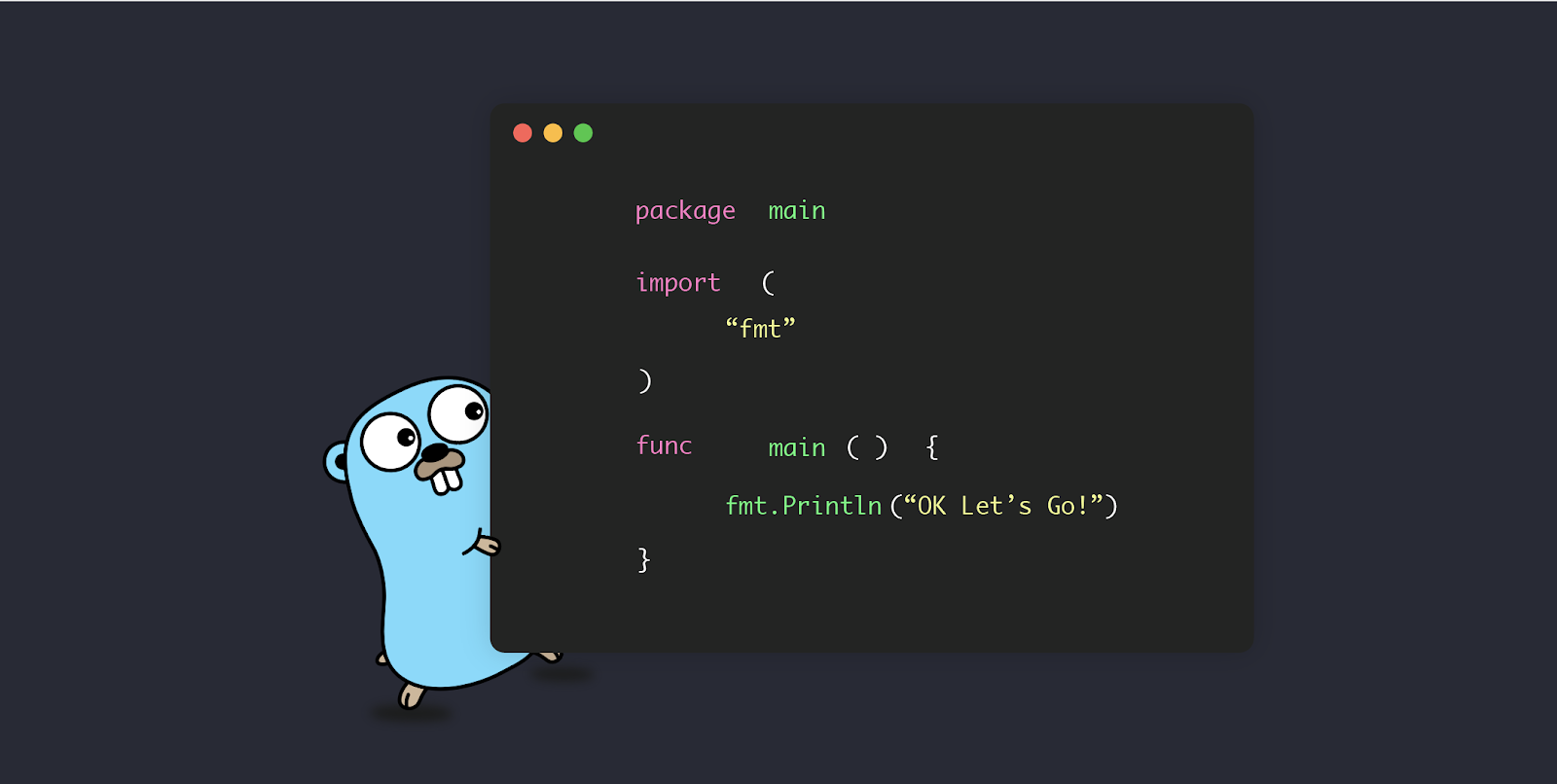Defer is a unique and powerful feature in the Go programming language. It allows you to schedule a function call to be executed just before the surrounding function returns. In this blog, we'll dive deep into the world of defer in Go, exploring its syntax, use cases, potential pitfalls, and best practices. Whether you're new to Go or looking to harness the full potential of defer, this guide will help you master this essential tool.
Why Do We Need Defer?
Defer is a powerful mechanism that simplifies resource management, cleanup, and error handling in Go. It enables you to ensure that certain tasks are executed before a function exits, regardless of how it exits (e.g., normal return, panic, or runtime error). Defer is particularly valuable in cases where you need to release resources like file handles, mutex locks, or network connections.
How Does Defer Work?
Defer works by delaying the execution of a function call until the surrounding function, known as the "deferred function," completes. You achieve this by using the defer keyword followed by the function or method call you want to defer.
Here's the basic syntax of defer:
func someFunction() {
// Code before defer
defer deferredFunction() // Deferred function call
// Code after defer
}The deferredFunction will be executed just before someFunction returns, regardless of where the return statement is or whether an error occurred.
Practical Use Cases for Defer
Resource Cleanup
One of the most common uses of defer is to release resources, ensuring they are properly closed or cleaned up when they are no longer needed. For example, when working with files, you can use defer to close the file after reading or writing:
func readFile(filename string) ([]byte, error) {
file, err := os.Open(filename)
if err != nil {
return nil, err
}
defer file.Close() // Close the file when the function exits
data, err := ioutil.ReadAll(file)
if err != nil {
return nil, err
}
return data, nil
}Mutex Unlocking
Defer is also useful for releasing locks acquired through mutexes. By deferring the mutex unlock operation, you can ensure that the lock is released even in the presence of early returns or panics:
func someConcurrentFunction(mutex *sync.Mutex) {
mutex.Lock()
defer mutex.Unlock() // Ensure the mutex is unlocked when the function exits
// Critical section code
}Timing Functions
You can use defer to measure the execution time of a function or block of code. By deferring a time measurement function at the beginning and end of a function, you can easily calculate its execution duration:
import (
"fmt"
"time"
)
func someFunction() {
defer timeTrack(time.Now(), "someFunction")
// Code for someFunction
}
func timeTrack(start time.Time, name string) {
elapsed := time.Since(start)
fmt.Printf("%s took %s\n", name, elapsed)
}Deferred Error Handling
Defer can be combined with error handling to ensure that specific cleanup tasks are performed before returning an error:
func someFunction() error {
resource, err := acquireResource()
if err != nil {
return err
}
defer resourceCleanup(resource) // Cleanup resource on exit
// Rest of the function logic
}Pitfalls and Best Practices
While defer is a powerful feature, it should be used judiciously to avoid potential pitfalls:
-
Resource Leak: Be cautious when deferring function calls that allocate resources. Ensure that the deferred functions release or clean up the resources correctly.
-
Performance Overhead: Excessive use of defer can introduce a slight performance overhead due to function call delays. However, this overhead is usually negligible in most applications.
-
Order of Execution: Defer statements are executed in a last-in, first-out (LIFO) order. Be aware of this when you have multiple defer statements in a function.
-
Avoid Deferred Functions with Side Effects: Defer functions should not have side effects that affect the behavior of other parts of your code. They should be self-contained and predictable.
Conclusion
Defer is a valuable tool in Go that simplifies resource management, cleanup, and error handling. By understanding how to use defer effectively, you can write more reliable and maintainable code in the Go programming language. Whether you're dealing with file operations, mutex locks, timing, or other tasks that require cleanup, defer is a versatile feature that enhances the robustness of your Go programs.
